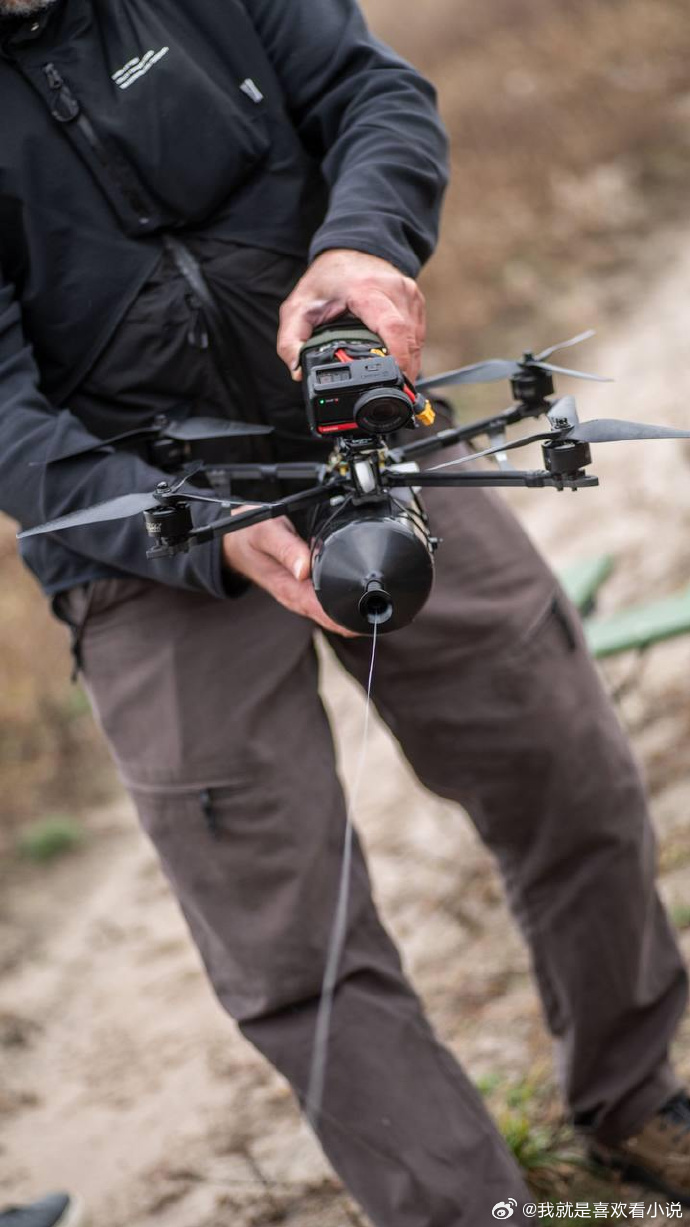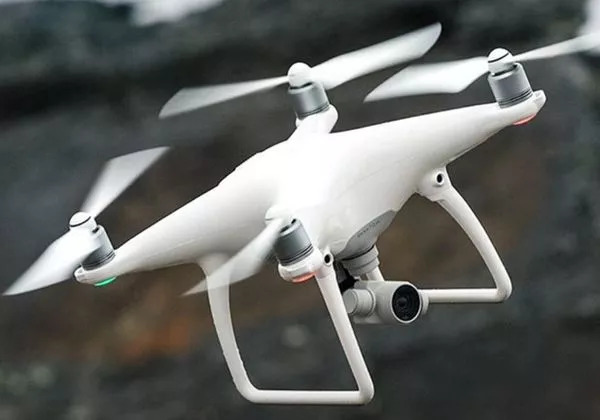With the rapid rise of drone technology, many enthusiasts are eager to explore the skies with their new gadgets. One of the most common questions that arise is: do you need a licence to fly a drone? Understanding the legal requirements and regulations surrounding drone usage is crucial for hobbyists and professionals alike.
Understanding UAS Classification
The first thing to understand is the classification of Unmanned Aerial Systems (UAS). Not all drones require a license to operate. Generally, drones are classified into different categories based on their use—recreational or commercial. In many jurisdictions, recreational drone use at a specified weight does not require a license, but commercial operations do.
The FAA’s Rules and Regulations
In the United States, the Federal Aviation Administration (FAA) governs drone flight regulations. If you are flying for fun, under the FAA’s guidelines for recreational flyers, you may not need a license. However, there are still rules to follow, such as maintaining line of sight and keeping the drone under 400 feet.

Do You Require a Part 107 License?
For those asking do you need a licence to fly a drone for commercial purposes, the answer is usually yes. The FAA mandates that those using drones for any business purpose must obtain a Part 107 license. This involves passing a test that covers various topics, including airspace regulations, weather effects, and drone maintenance.

Global Differences in Drone Law
It’s not just the USA—many countries have strict laws about drone operation. In the UK, for instance, both recreational and commercial drone pilots must register with the Civil Aviation Authority (CAA) and complete a test for an Operator ID and Flyer ID. Each country applies their own rules, often because of security and privacy laws, and it’s crucial to be informed about these differences.
The Risks of Unlicensed Drone Flying
Flying without the appropriate license where it is required can lead to significant fines and even confiscation of your equipment. Moreover, it poses risks such as potential breaches of airspace which can result in legal ramifications. Therefore, ensure you are aware of your jurisdiction’s regulations even when flying recreationally.
Educational Resources and Training
For those who are serious about flying, numerous educational resources exist. Online courses, instructional videos, and community groups can offer valuable insights into safe drone operation. Engaging with such content not only helps you understand if you need a licence to fly a drone but also enhances your skills and safety knowledge.
Technology and Future Developments
As drone technology continues to grow and evolve, so too will the laws governing their use. Emerging concepts such as drone taxis and delivery services are likely to lead to more detailed and possibly stricter regulations. Staying updated with technological and legislative developments will ensure that you remain compliant and aware.
Can I Fly My Drone at Night?
In many places, flying a drone at night requires special permission. If you’re flying commercially in the U.S., a waiver from the FAA is necessary.
Are There Age Restrictions for Getting a Drone License?
Yes, especially for commercial flight. In the U.S., for example, you must be at least 16 years old to obtain a Part 107 license.
What if I Crash My Drone?
If your drone causes any damage or injury, it is your responsibility. It’s advised to have insurance coverage for both recreational and commercial drone flights.